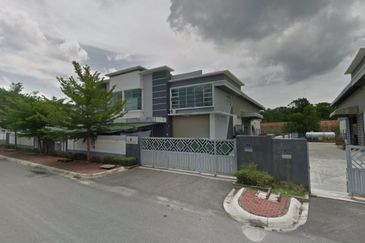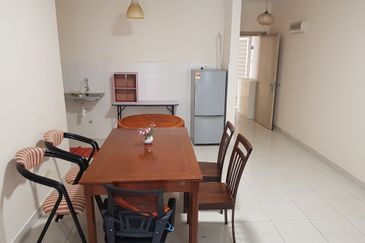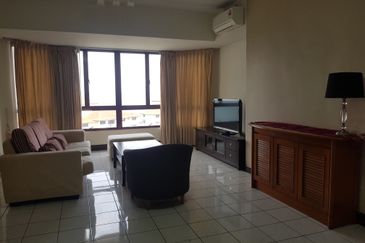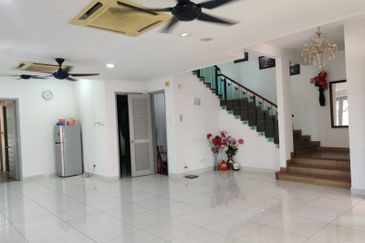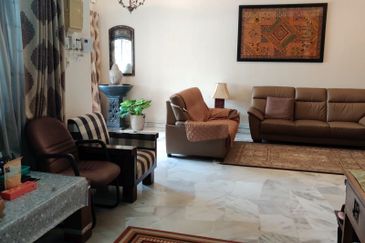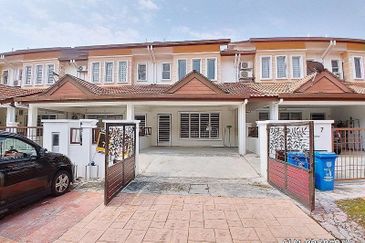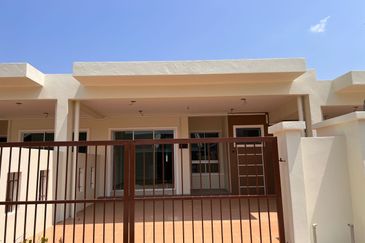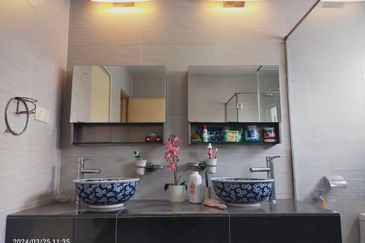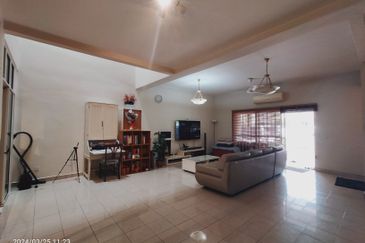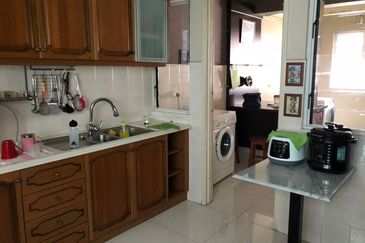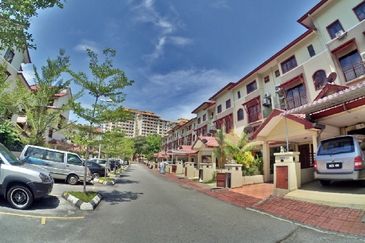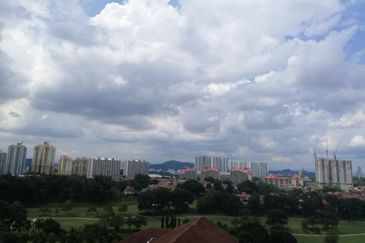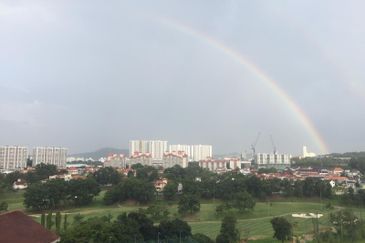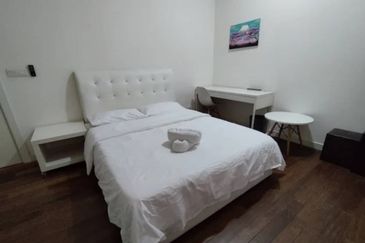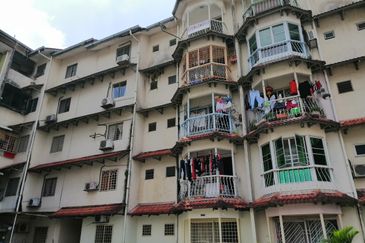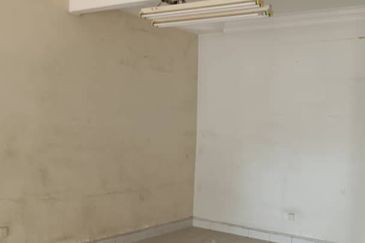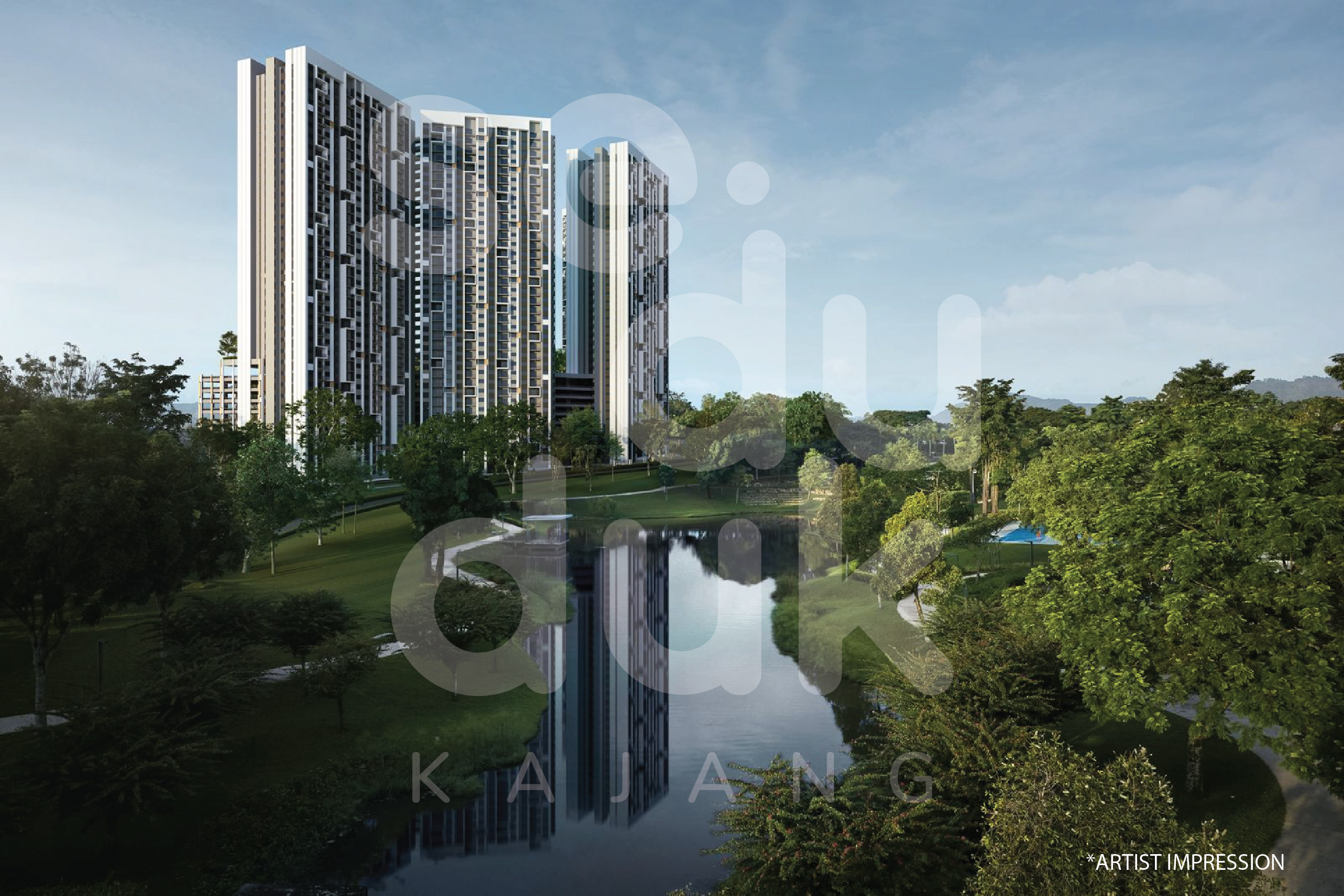HONG KONG: Residential rents are expected to rise because of the government's measures to cool the housing market.
This is because people planning to buy homes, anticipating a fall in residential prices, will postpone buying and continue to rent. And those owning rental properties are likely to keep them empty in case they need to sell before prices drop too much, constricting supply.
Property consultants predict residential rents, which have already risen 8.6% this year, could increase a further 10% by the end of the year. The forecast comes as Census and Statistics Department figures show private residential rents edged up 1% in July from June to an 11-month high.
"A growing number of potential home buyers is waiting on the sidelines and turning to lease instead of buying property. It will drive up leasing demand," said Buggle Lau Ka-fai, Midland Realty's chief analyst.
After the government announced a string of measures to crack down on property speculation, transaction volumes in the secondary market dropped 27% last week from the week before. The cooling measures announced on August 13 include releasing more land for auction to increase supply and a directive to banks to cut loans to luxury home buyers from 70% of a property's value to 60%.
On the supply side, availability of fewer flats for leasing could push up rents. Property investors, who have chosen not to sell their flats amid a sluggish market, prefer to leave them vacant rather than leasing, Lau said. "This is because the holding cost is too low and it will be easier to sell without a lease [if prices are anticipated to fall further]," he said.
Given low interest rates, mortgage plans based on Hong Kong interbank offered rate (Hibor) are usually one-month Hibor plus 0.7 percentage points. That translates into an effective home loan rate as low as 0.85%, based on the one-month Hibor of 0.15% on Tuesday, Aug 24.
Going by lease transactions in 73 estates handled by Centaline Property Agency, average rental rose 22.1% to HK$17.70 (RM7.15) per square foot per month in July year on year.
Cecilia Cheung, an executive in an information technology company, has put plans to buy a home on the back burner and is waiting for the market to clear up first. She renewed her lease this month.
Since 2006, the rent for her 675 sq ft flat in Taikoo Shing has risen 20%, from HK$13,500 a month to HK$16,200. "This is my second renewal. My landlord originally wanted to raise it to HK$17,000; I rejected it."
Cheung convinced her landlord to renew the lease at the same rate of HK$16,200. She said her previous lease had been signed a month before the outbreak of the global financial crisis in September 2008. Average rent for similar flats in Taikoo Shing had dropped to HK$14,000 a month during the period.
"For the past two years, the landlord knows I have been paying above market rate," she said, explaining why the landlord might have agreed to keep the old rent level.
Oliver Watt, a real-estate industry insider, said rising rents have forced him and his wife to move out of Happy Valley. His family had been renting a 750 sq ft flat with a rooftop there for HK$25,000 a month, and he was expecting the landlord to increase the rent by 20 to 30% when the lease came up for renewal. "As we will have a baby soon, we are watching our expenses. So we are going to sacrifice the location if we want to stay on Hong Kong Island," he said.
A month ago, he rented a 1,000 sq ft flat in a 40-year-old building on Stubbs Road for about HK$20,000 a month. "Although the location is less convenient, it is a good deal as we got more space at a lower rent." — South China Morning Post
This is because people planning to buy homes, anticipating a fall in residential prices, will postpone buying and continue to rent. And those owning rental properties are likely to keep them empty in case they need to sell before prices drop too much, constricting supply.
Property consultants predict residential rents, which have already risen 8.6% this year, could increase a further 10% by the end of the year. The forecast comes as Census and Statistics Department figures show private residential rents edged up 1% in July from June to an 11-month high.
"A growing number of potential home buyers is waiting on the sidelines and turning to lease instead of buying property. It will drive up leasing demand," said Buggle Lau Ka-fai, Midland Realty's chief analyst.
After the government announced a string of measures to crack down on property speculation, transaction volumes in the secondary market dropped 27% last week from the week before. The cooling measures announced on August 13 include releasing more land for auction to increase supply and a directive to banks to cut loans to luxury home buyers from 70% of a property's value to 60%.
On the supply side, availability of fewer flats for leasing could push up rents. Property investors, who have chosen not to sell their flats amid a sluggish market, prefer to leave them vacant rather than leasing, Lau said. "This is because the holding cost is too low and it will be easier to sell without a lease [if prices are anticipated to fall further]," he said.
Given low interest rates, mortgage plans based on Hong Kong interbank offered rate (Hibor) are usually one-month Hibor plus 0.7 percentage points. That translates into an effective home loan rate as low as 0.85%, based on the one-month Hibor of 0.15% on Tuesday, Aug 24.
Going by lease transactions in 73 estates handled by Centaline Property Agency, average rental rose 22.1% to HK$17.70 (RM7.15) per square foot per month in July year on year.
Cecilia Cheung, an executive in an information technology company, has put plans to buy a home on the back burner and is waiting for the market to clear up first. She renewed her lease this month.
Since 2006, the rent for her 675 sq ft flat in Taikoo Shing has risen 20%, from HK$13,500 a month to HK$16,200. "This is my second renewal. My landlord originally wanted to raise it to HK$17,000; I rejected it."
Cheung convinced her landlord to renew the lease at the same rate of HK$16,200. She said her previous lease had been signed a month before the outbreak of the global financial crisis in September 2008. Average rent for similar flats in Taikoo Shing had dropped to HK$14,000 a month during the period.
"For the past two years, the landlord knows I have been paying above market rate," she said, explaining why the landlord might have agreed to keep the old rent level.
Oliver Watt, a real-estate industry insider, said rising rents have forced him and his wife to move out of Happy Valley. His family had been renting a 750 sq ft flat with a rooftop there for HK$25,000 a month, and he was expecting the landlord to increase the rent by 20 to 30% when the lease came up for renewal. "As we will have a baby soon, we are watching our expenses. So we are going to sacrifice the location if we want to stay on Hong Kong Island," he said.
A month ago, he rented a 1,000 sq ft flat in a 40-year-old building on Stubbs Road for about HK$20,000 a month. "Although the location is less convenient, it is a good deal as we got more space at a lower rent." — South China Morning Post
SHARE
TOP PICKS BY EDGEPROP
SALE
FEATURED
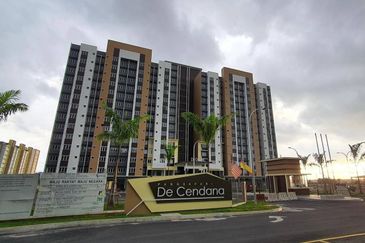
De Cendana Apartment
Setia Alam/Alam Nusantara, Selangor
RM 265,000
3 beds |
2 bath |
750 sqft
RENT
FEATURED
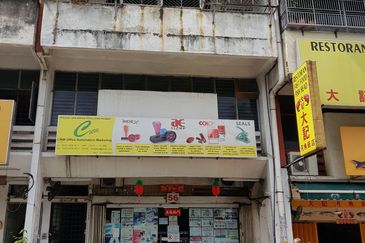
Bandar Baru Sri Petaling
Bandar Baru Sri Petaling, Kuala Lumpur
RM 3,300
- beds |
2 bath |
2000 sqft
SALE
FEATURED
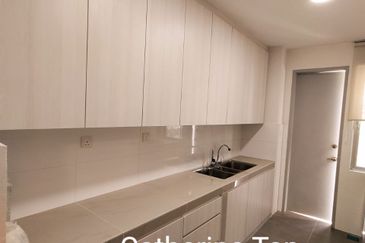
Tropicana Aman Bayan Residences
Telok Panglima Garang, Selangor
RM 1,299,000
6 beds |
6 bath |
3415 sqft
SALE
FEATURED
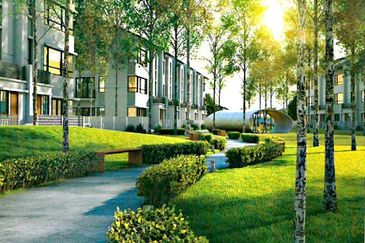
Tropicana Aman Bayan Residences
Telok Panglima Garang, Selangor
RM 1,199,000
5 beds |
6 bath |
4516 sqft

